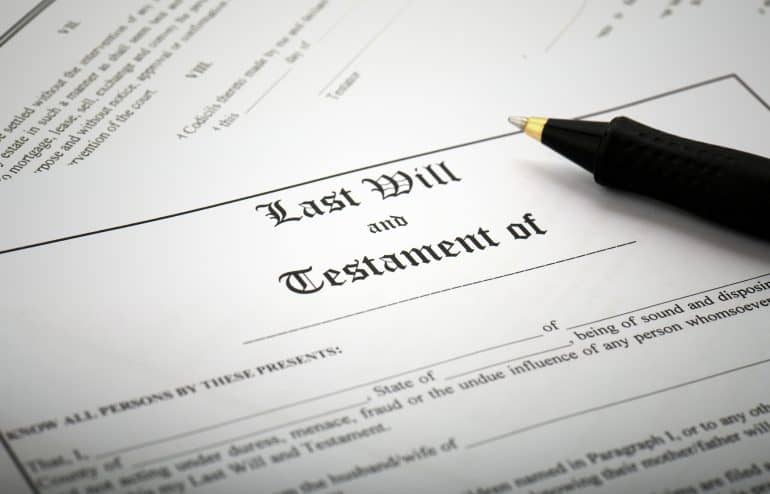TOP 6 THINGS TO CONSIDER WHEN WRITING A WILL
Preparing to write your will can take a considerable amount of time and planning. You’ll need to think long term and carefully consider all aspects of your life. Elaine Parkes wants to help you ensure that your will is an accurate reflection of how to deal with your most treasured assets and record your requests.
We’ve created a guide of our top 6 important things to think about when preparing your will.
- Guardianship of children – If you have children under 16
Some people often write their will after the birth of their first child. When writing your will, you can nominate another person to care for your child until they are adults if anything happens to you and your partner.
It’s important to consider a range of points when choosing your guardian such as:
- Similarities in lifestyle, values and religion
- Who does your child have a strong bond with
- Location of where the potential guardian lives- will it be suitable
- Who will be able to take on the role physically, financially and emotionally
2. Assets
When making a will, it’s important that you make a list of your assets and their values. Once you have compiled your list of assets you’ll be able to identify who you want to give what to.
It’s essential that you note whether the assets you own are owned independently or with someone else for example, a spouse. A jointly owned property will automatically go to the surviving owner.
Cherished items are often overlooked as assets, although they don’t have a high monetary value they do have emotional/personal value. Think about your cherished items as you can pass them along to children or grandchildren as a family heirloom.
3. Appointing an executor
The executor of the will are the people responsible to carry out your final wishes as you outline in your will. Being an executor can be a complicated task, so when choosing your executor make sure you consider someone who has the time and will be the ablest to accomplish the task.
4. Naming beneficiaries
Beneficiaries are the persons who will benefit from your will. The most common beneficiaries are usually your spouse, children, extended family and possibly favourite charities. If you’re leaving an estate to more than one beneficiary, make sure you explain how it’s to be shared in order to avoid complication i.e. – include sums or percentages.
5. Complex circumstances
There can be many complex circumstances that you need to consider when writing your will and you should take note of them. Some circumstances that you may want to consider are:
- Excluding someone who would normally expect to benefit from your will
- Previous marriage/divorce or other family complexities
- Providing for a beneficiary with special needs
- Being a company director
Make sure you explain any specific circumstances to your will writer for example, why you want to exclude someone or why you have left someone less than they may expect. This can be kept on file and can be used should anyone claim against your estate.
6. Getting expert advice
As you can see writing a will isn’t straightforward so it’s best to get advice from solicitors. Ideally, it’s best to speak to solicitors who specialise in wills and probate as they can write the document and ensure that everything is in order for you.

